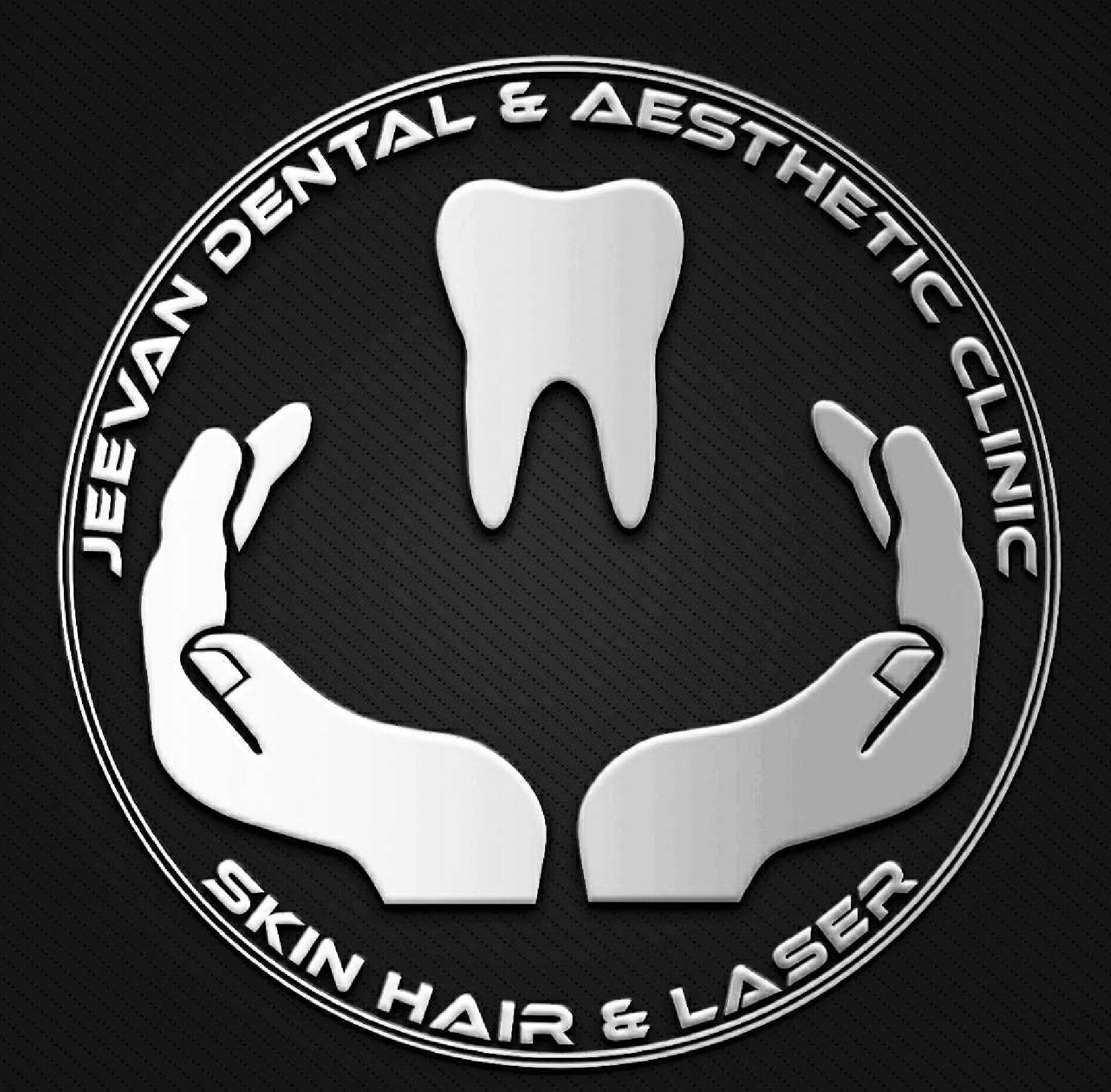Working Time
- Morning 10:00 AM- 02:00 PM
Evening 05:00 PM - 09:00 PM
Tuesday Evening Closed
Contact Info
-
Phone: +91-79915 81209
- info@dentco.net
Ask the Experts
ORTHODONTIC TREATMENT

Orthodontic treatment is a way of straightening or moving teeth, to improve the appearance of the teeth and how they work. It can also help to look after the long-term health of your teeth, gums and jaw joints, by spreading the biting pressure over all your teeth.
Orthodontics helps to boost patient’s confidence and life by providing a healthy smile.
What Are Braces?
In the modern dental practise, gone are the days where patients need to have metallic braces. Nowadays, we have a huge variety of braces which are tooth coloured, almost invisible or colourful braces for the kids. Patients can wear braces while attending school or office comfortably. Braces are used by your orthodontist to help you improve the look and feel of your smile.
If I Get Braces, How Long Do I Have to Wear Them?
The amount of time spent in braces will vary depending on the individual patient, because every smile responds differently to treatment. Treatment times can take anywhere between six and 30 months, but most standard treatments take about 20 months.
Do Braces Hurt?
Braces do not often hurt though you may feel a small amount of discomfort for a couple days as your teeth, gums, cheeks, and mouth get used to your new braces.
What’s the Best Age to Visit The Orthodontist?
If you want to improve the look and feel of your smile, then any age can be a great age to see the orthodontist. The American Association of Orthodontists recommends that children first visit an orthodontist around the age of seven; however, orthodontic treatment is not exclusive to children and teens, with about one in every five orthodontic patients being over the age of 21. Whether you’re considering treatment for yourself or for a child, any time is a good time to visit the orthodontist.
What are the Early Symptoms of Orthodontic Problems?
Have your child open their mouth and let you take a look at their teeth. If you see any signs of crookedness, gaps between the teeth or overlapping teeth, your child may need orthodontic treatment.
Ask your child to bite all the way down while keeping their lips open. Do the front top teeth line up with the bottom? Do the top teeth protrude away from the bottom teeth? Do the top front teeth cover more than 50% of the bottom teeth? Are the top teeth behind the bottom teeth? All these are indicators for potential orthodontic treatment.
Look at the alignment of your child’s jaw. Does the jaw shift off center when they bite down? If you see any misalignment or shifting of the jaw, your child may have a skeletal problem, which requires early orthodontic intervention. These are only some of the more obvious symptoms of orthodontic problems.
Can you be too old for braces?
Not at all. Age is not a factor, only the health of your gums and bone which support your teeth. About 25% of our orthodontic patients are adults and that number is still growing!
When Is It Too Late to Get Braces?
It’s never really too late to get braces. While it’s ideal to get braces when you’re younger and your jaws and gums are in good condition, you can get braces at any age. You can get conventional bracket braces and change the colors of your rubber bands each time you visit the orthodontist. Or, you can opt for an aligner system like Invisalign that is more discreet. Unlike bracket-braces that are installed in your mouth and stay there until the orthodontist removes them, you can remove aligners for about two hours a day, during mealtimes. No matter what type of braces you choose, brushing and flossing your teeth regularly is vital.
How Can I Take Care of My Teeth If I’m Wearing Braces or A Retainer?
- ALWAYS remember to brush your teeth after every meal and floss at least once a day.
- Make sure to use toothpaste that contains fluoride and a fluoride rinse. This will help prevent cavities!
- If you take out your retainer to eat, make sure you brush your teeth, floss, and remember to keep it safe in its container so that it does not get lost or broken.
- During your treatment, try to avoid foods with a lot of sugar, which increases the amount of bacteria that grows in your mouth, causing more plaque and possibly cavities.
- Avoid sticky and chewy foods (caramel, chewing gum, gummy bears), hard foods (hard candy, nuts, ice cubes), or any foods that could possibly get stuck in your braces (corn on the cob, soft bagels, ribs, taffy, etc.).




